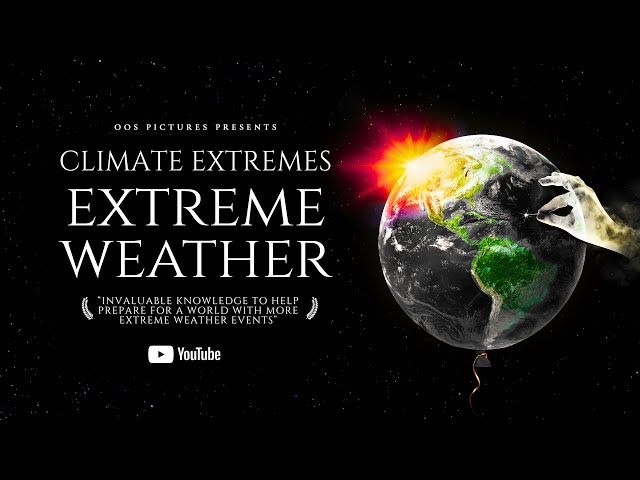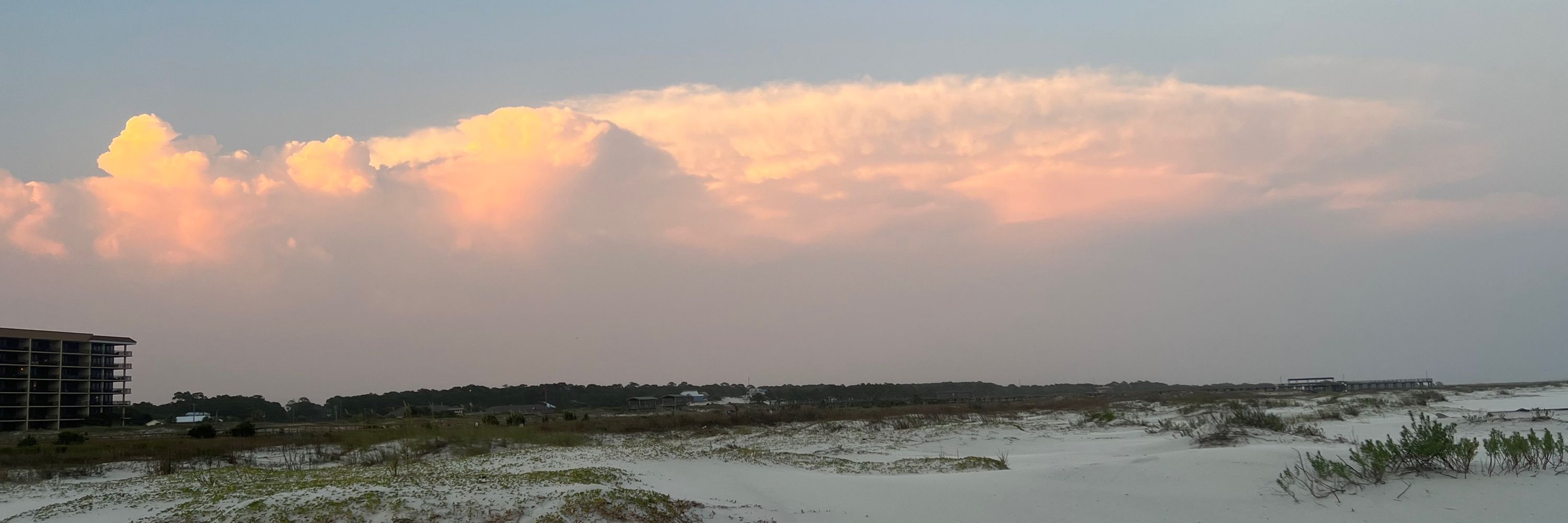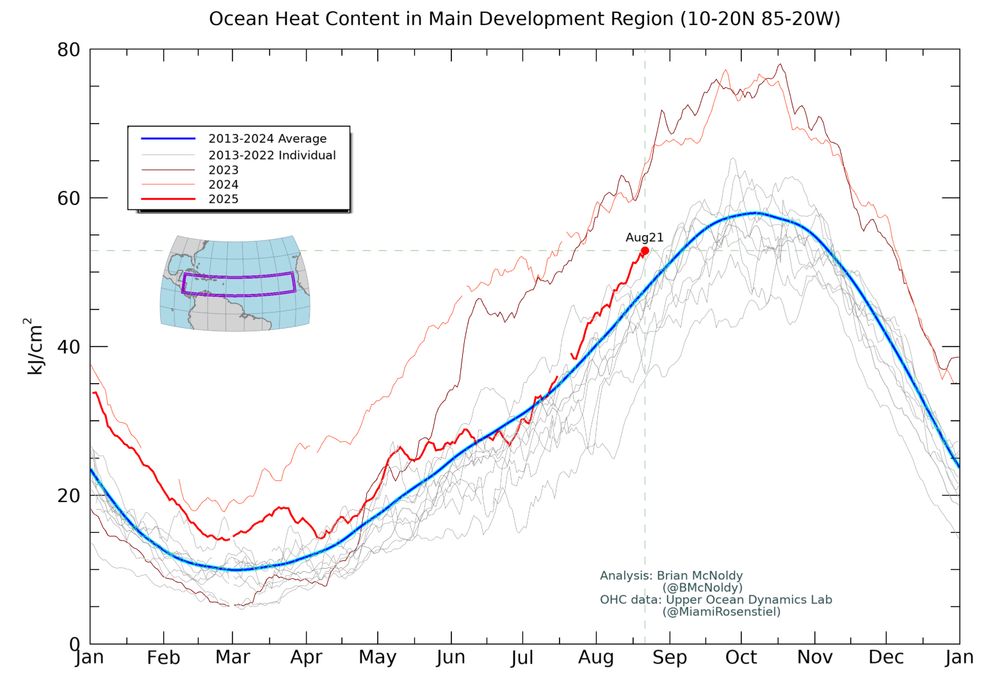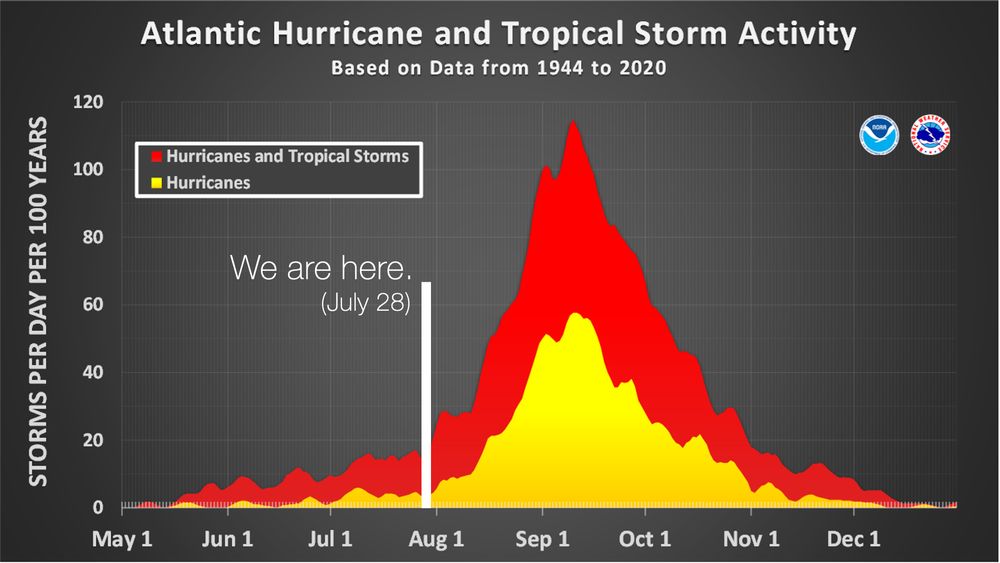Dr. Josh Bregy
@prehistormic.bsky.social
2.1K followers
650 following
170 posts
Assistant professor & paleoclimatologist @ClemsonUniversity. Paleohurricanes, paleoclimatology, modern TCs, & coastal hazards. Multiproxy. Ultimate. Beer. Ecosocialist. Hispanohablante también. ADHD. He/Him.
Posts
Media
Videos
Starter Packs
Reposted by Dr. Josh Bregy
Reposted by Dr. Josh Bregy
Reposted by Dr. Josh Bregy
Dr. Josh Bregy
@prehistormic.bsky.social
· Aug 25

Waveland, Miss., is still recovering 20 years after Hurricane Katrina hit
Hurricane Katrina made landfall in Waveland, Miss. A deadly and destructive storm surge nearly 30 feet high washed away the town. Twenty years later, it's still trying to recover.
www.npr.org
Reposted by Dr. Josh Bregy
Daniel Swain
@weatherwest.bsky.social
· Aug 21

Climate Extremes: Extreme Weather (Full Documentary)
Share Climate Extremes with your friends and followers!
Learn about extreme weather, climate adaptation, and planetary behavior from leading global scientists!
Click the "share" button above for sharing options!
Subtitles include: English, French, Italian, German, Spanish, Portuguese, Turkis
youtu.be
Reposted by Dr. Josh Bregy
Reposted by Dr. Josh Bregy
John Leavitt
@leavittalone.bsky.social
· Aug 23
Dr. Josh Bregy
@prehistormic.bsky.social
· Aug 23
Dr. Josh Bregy
@prehistormic.bsky.social
· Aug 23
Dr. Josh Bregy
@prehistormic.bsky.social
· Aug 23
Reposted by Dr. Josh Bregy
Dr. Josh Bregy
@prehistormic.bsky.social
· Aug 22

Brief Ecology | Ben Lockwood, Ph.D. | Substack
Highlighting recent ecological research, explaining it, and putting it into wider contexts. Click to read Brief Ecology, by Ben Lockwood, Ph.D., a Substack publication with thousands of subscribers.
www.briefecology.com
Dr. Josh Bregy
@prehistormic.bsky.social
· Jul 31
Hurricane Katrina 20 Years Later: Turning Tragedy into Resilience
On August 29th, 2005, Hurricane Katrina made landfall on the Gulf Coast, leaving unparalleled devastation in its wake. In many ways, this storm—from smashing infrastructure and records alike to scarri...
agu.confex.com
Dr. Josh Bregy
@prehistormic.bsky.social
· Jul 31
Extreme Events and Hydrological Hazards During the Holocene and Common Era
Instrumental records of extreme events (e.g., tropical cyclones, floods, droughts, etc.) are spatially and temporally limited, creating significant challenges in understanding natural hazards with lon...
agu.confex.com
Reposted by Dr. Josh Bregy












